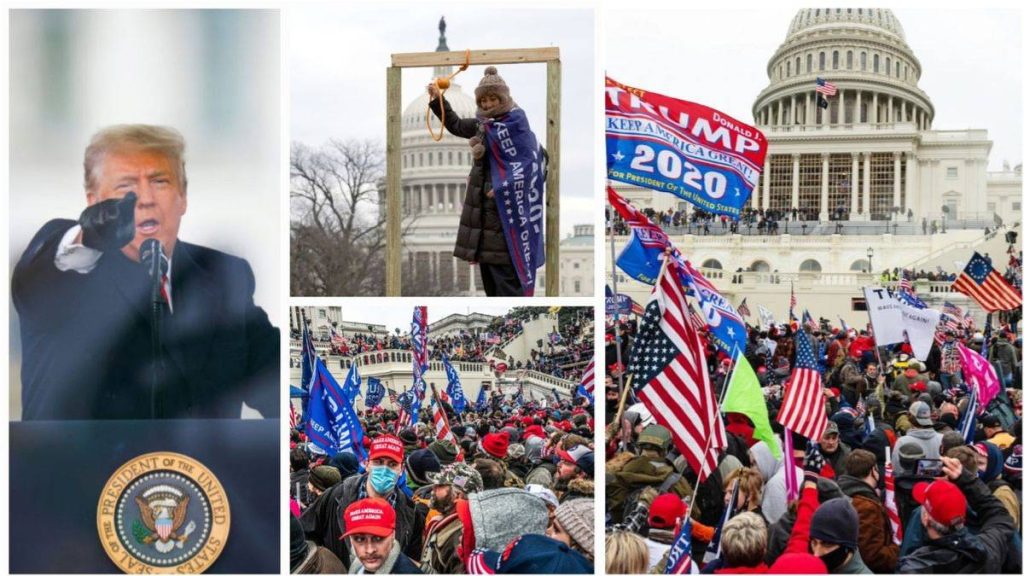January 6, 2021, is becoming more unforgettable for former President Donald Trump. Recently, a court of Appeals has cleared the way for lawsuits brought against Trump concerning his role in the U.S. Capitol riots.

In a unanimous decision, the three-judge panel for the federal court ruled that Trump doesn’t enjoy any immunity from lawsuits. Trump had asked the court to strike out lawsuits concerning the riots because he had acted officially as President of the United States at the time.
“When a first-term President opts to seek a second term, his campaign to win re-election is not an official presidential act,” Judge Sri Srinivasan wrote for the court. Trump had claimed that his actions on January 6th were within his official responsibilities, one of which was to protect and ensure electoral integrity.
Also Read: Senator Lee Criticizes Capitol Riot Committee and Calls for Investigation
Previously, a lower court had decided that Trump had “no role” to play in the certification of electoral college votes. For this reason, it wasn’t his duty to address fraud and theft claims. Unsatisfied, Trump approached the Appeals Court to get its interpretation.
To his disappointment, the appeals court has sided with the lower court’s decision. In the ruling, the court stated that the “Office of the Presidency as an institution is agnostic about who will occupy it next.” The ruling also declared that “campaigning to gain that office is not an official act of the office.”
While the law provides immunity for a wide range of possible actions a President can take while in office, immunity has its limits. Presidential immunity doesn’t protect the president from actions or speeches clearly outside official duties.
POLL — Should Donald J. Trump Be Allowed to Run for Office?
The court ruled that his speech just before the January 6th riot, funded and organized by his campaign team, is one of such.
Trump is trying to wade off a couple of problematic lawsuits brought against him concerning January 6th. Most of the lawsuits are from Democrat lawmakers and Capitol Police, who want him to pay for his actions.
These parties based their suits on the Ku Klux Klan Act of 1871. This Act outlawed the use of force or threats to hinder the duties of government officials. The Act also grants victims damages if they prove their case.
Also Read: Columnist Condemns MAGA’s Attempts to Change The Narrative of Jan. 6
Trump is also trying to fight off a criminal case that special counsel Jack Smith had initiated against him. Smith accuses the billionaire business owner of attempting to overturn his election loss.
Smith, however, wants to prove that Trump was to blame for the violence at the Capitol. He believes that Trump’s failure to distance himself from the rioters during his subsequent appearances on the campaign trail proves this.
The door is open for Trump to file an appeal against the ruling. His team is optimistic of victory. According to one of his campaign’s spokespersons, “the facts fully show that on January 6, President Trump was acting on behalf of the American people, carrying out his duties as president of the United States.”
You Might Also Like This:
- Civil Rights Lawyers Disagree With a School District’s Segregated Classes
- POLL—Should the Government Increase Taxes on the Wealthy To Reduce Economic Inequality?
- For the First Time Ever, this Group of Fossil Fuel Workers Will Transition Into Renewable Energy
- Rupert Murdoch’s Testimony at the Smartmatic-Fox News Trial May Box the Media Outlet into a Tight Corner
- POLL—Should Abortion Be Legal in Most Cases?
